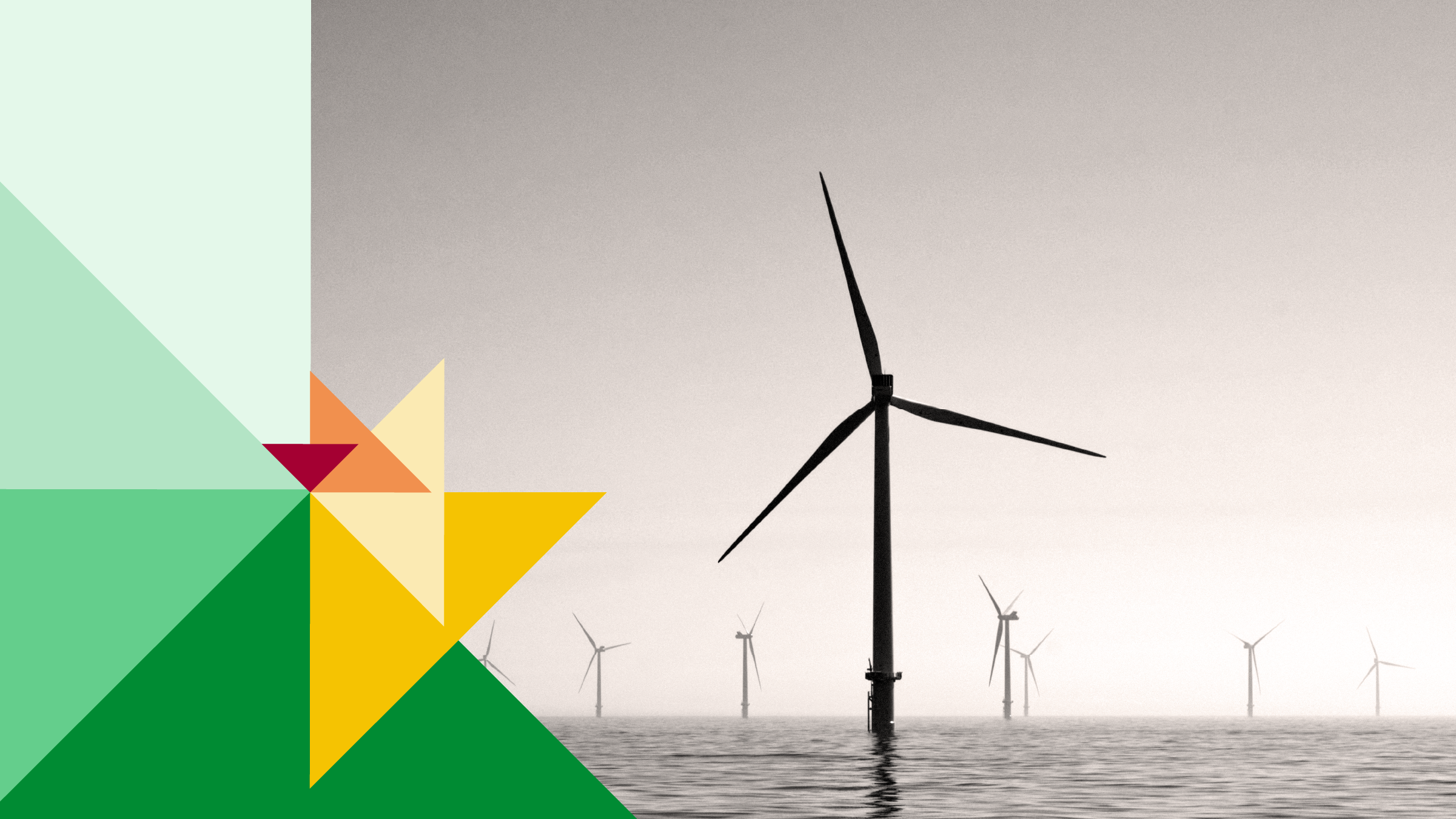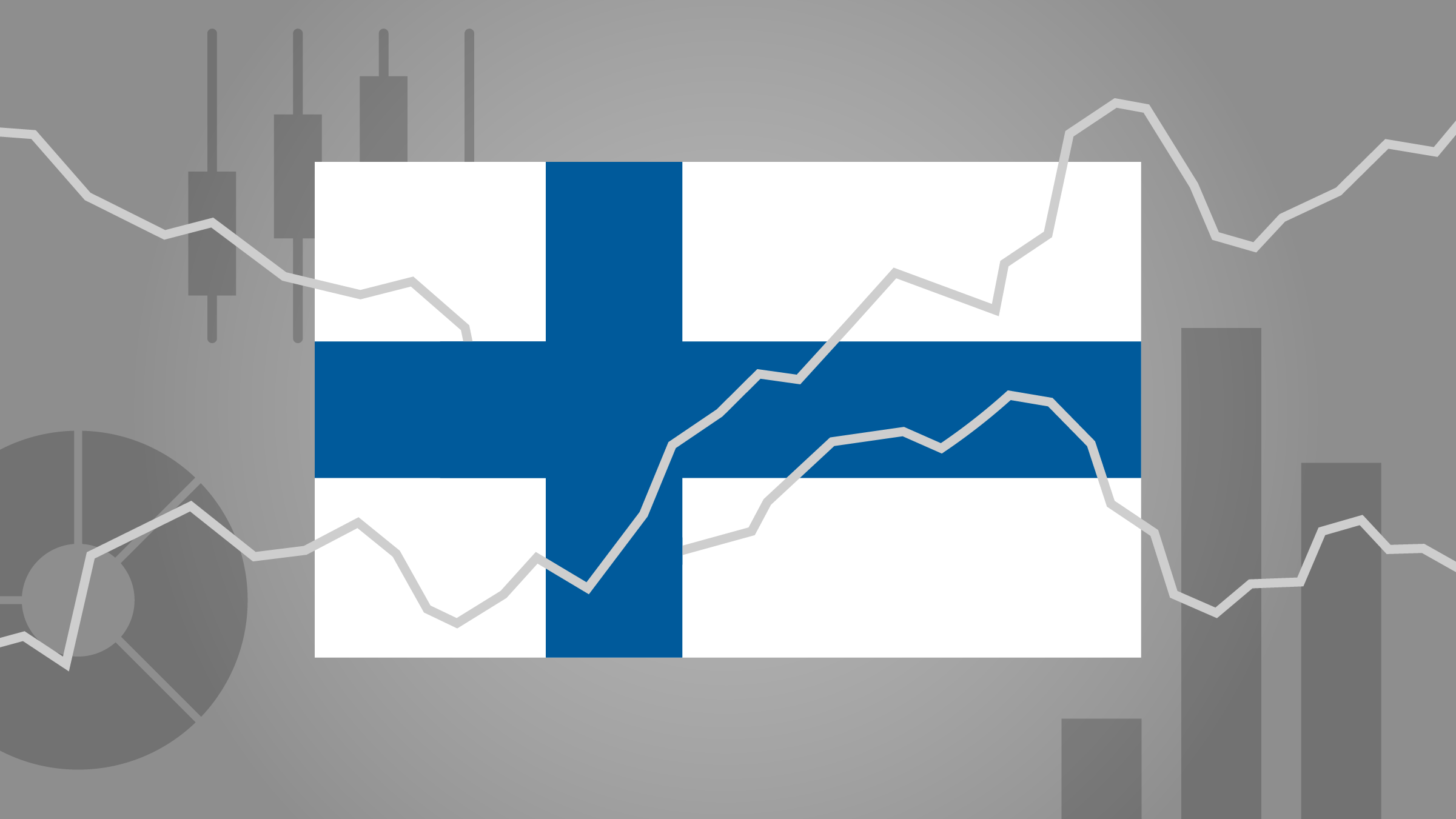Fernando Luque: Hello I'm Fernando Luque, Editor for Morningstar in Spain. And today I have the pleasure to be with Sasja Beslik. Sasja is Head of Responsible Investment at Nordea Asset Management.
Sasja, thank you for being here.
Sasja Beslik: Thank you for inviting me.
Luque: We are going to speak about ESG.
Beslik: Yes.
Luque: But my first question is, well, in the context for fund companies are more and more involved in ESG issues. What would you say or how to be really, or how to have a competitive advantage in this field, where we see many and many fund companies really involved in ESG?
Beslik: Yes, first of all the companies are becoming more and more ESG aware for the fact that environmental, social and governance issues are becoming more material. And they are becoming more material in terms of both what the companies can provide to the markets in terms of products and services, but also how they manage their risks. We have had some cases in both in Europe and internationally where companies have been hurt by lack of responsibility in certain environmental areas, BP, Volkswagen and others.
On the competitive advantage side. What is important for us on the Nordea Asset Management side is to integrate the environmental, social and governance issues in all our investment processes. We think it brings more value into our risk management, when we invest in companies. We understand where they come from, we understand the challenges, we also understand the risk in much better way than before. So for us it means that we, in our processes we add value into investment process by having the information and having a view on some of these things.
Luque: Well, I presume that being socially conscious or environmentally conscious should be profitable for the company on the long term. But can you give me one example where being socially or environmentally conscious has been negative for the company in terms of profitability.
Beslik: Many things, many examples of negative profitability of course associated with lack of responsibility. But what I think is important to stress is the sustainability is a prerequisite for growth. If company is not stable managed in responsible way, in a long term it will get hurt. Either because the governance is bad or they are not taking the right business decisions based on short term. So from the angle of bad example in a way how they manage their risk will pay a lot of risk cost in the business because they don’t take this responsibility.
Luque: Let's talk about the Volkswagen case. Is it possible to detect the case like this and have you changed your view on the automotive sector.
Beslik: Of course it is possible to see the case. What we could see clearly is that governance course for Volkswagen had been decreasing for couple of years. To give an example they were rated on a scale 1 to 10 as a 10 point company from a governance perspective and that has rapidly deteriorated over the two years to 1, to point 1. So that was a clear signal to us that something is not as it should be and I think the application of this knowledge and this is what differs. You asked me the question initially on competitive advantage. Competitive advantage in future on ESG it's about asset managers who act on this information and asset managers who do not act on this information and that’s the difference and integrate that information in your decision making process. We have not changed our view on automotive sector, but we have, by doing this analysis that we do in Nordea proprietary. We can actually see what other companies maybe in same range as Volkswagen is. So that means that we have information ratio advantage because we do this analysis.
Luque: I know that in Nordea you have specific funds focused on ESG like the Nordea Emerging Stars.
Beslik: Yes.
Luque: But if ESG is so important why not apply these principles to all the Nordea funds.
Beslik: I think your question is fantastic. This is something that we've been working with for couple of years now. We've developed a stars concept four years ago, where we actually used the stars as icebreaker for ESG proprietary analysis and all the good stuff that we can find out about how ESG contributes to performance and risk management. So what we decided two years ago is to integrate our analysis in all investment processes. So now for the last two years all Nordea PMs have access to information on stock level for every company they invest in from environmental, social and governance perspective and that makes the information ratio and decision they make much more informed than before. So in future I think we will see more and more asset managers including Nordea that will go more towards offering a whole range of products this will be integrated instead of just offering a group of products.
Luque: Sasja, perfect.
Beslik: Thank you very much.
Luque: Thank you very much for your view on ESG. Thank you very much Sasja.
Beslik: Thank you.









:quality(80)/cloudfront-us-east-1.images.arcpublishing.com/morningstar/6BCTH5O2DVGYHBA4UDPCFNXA7M.png)












